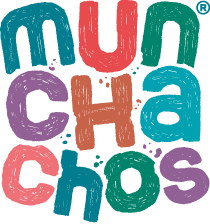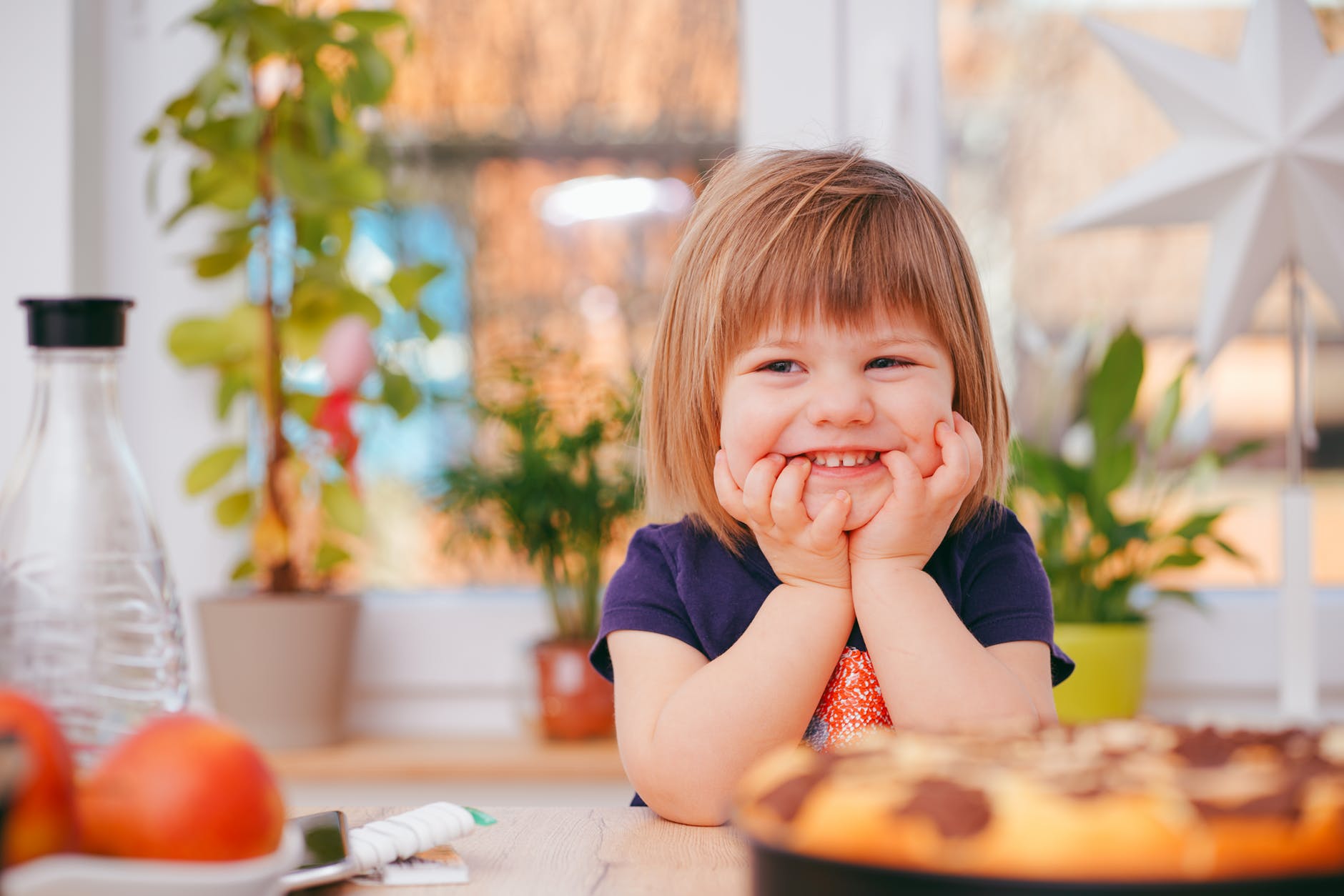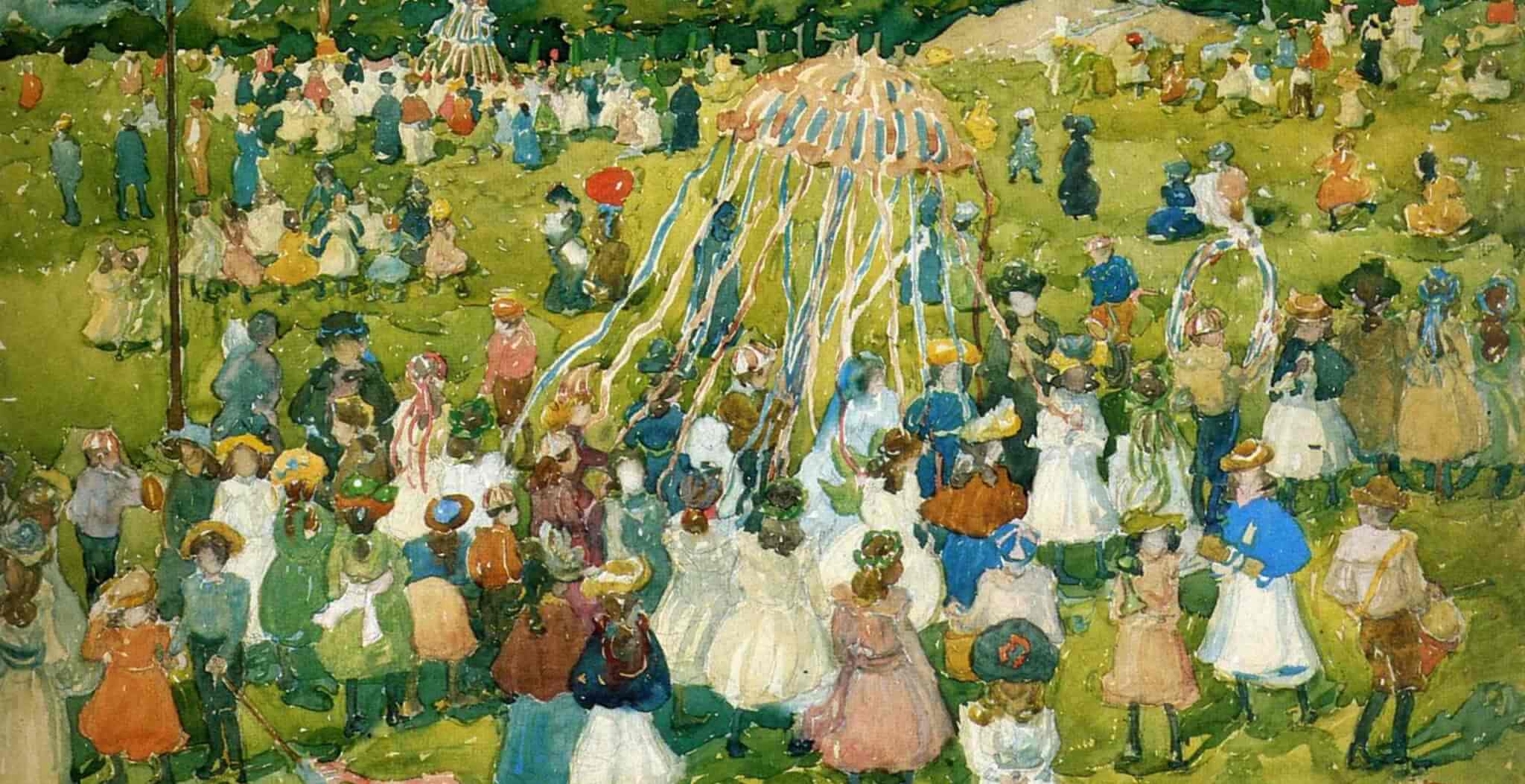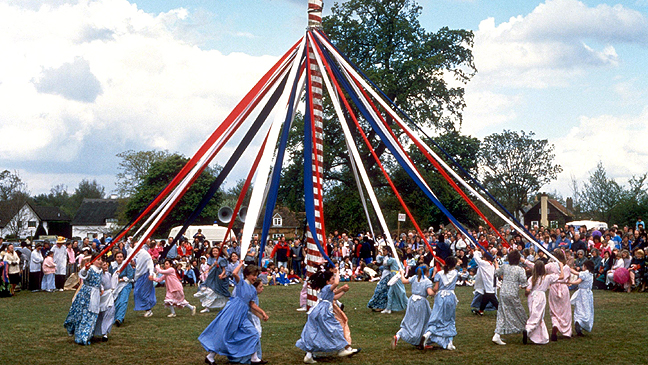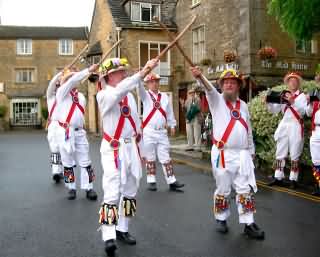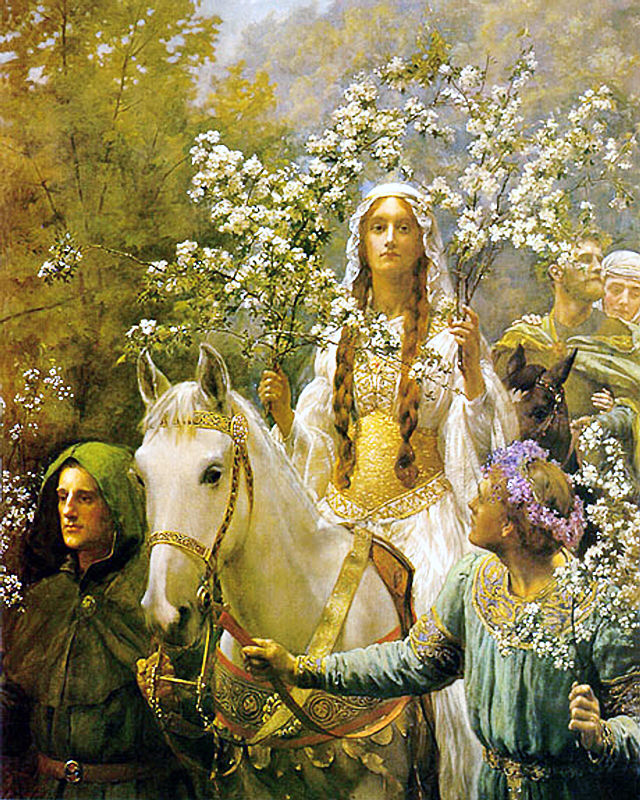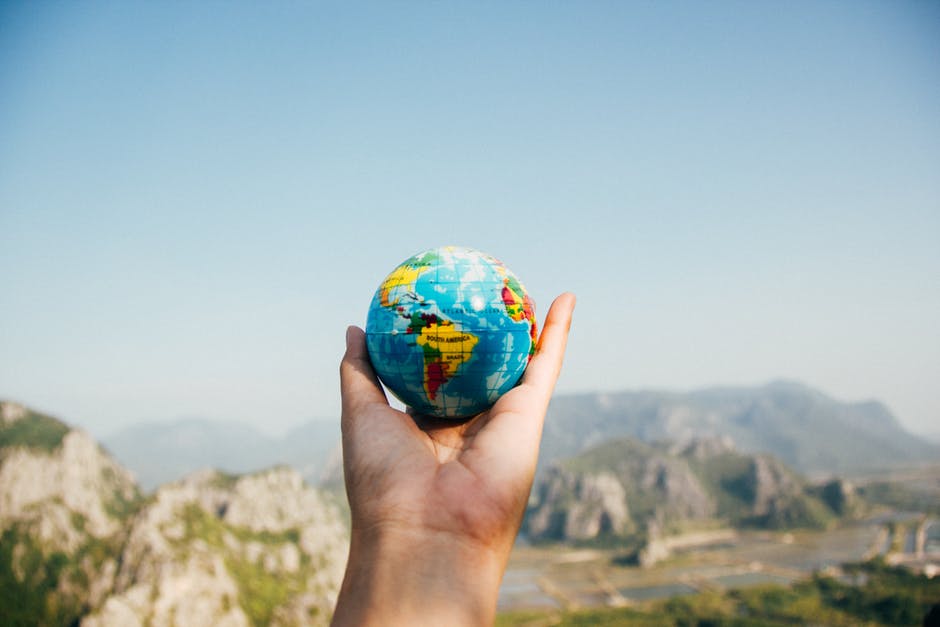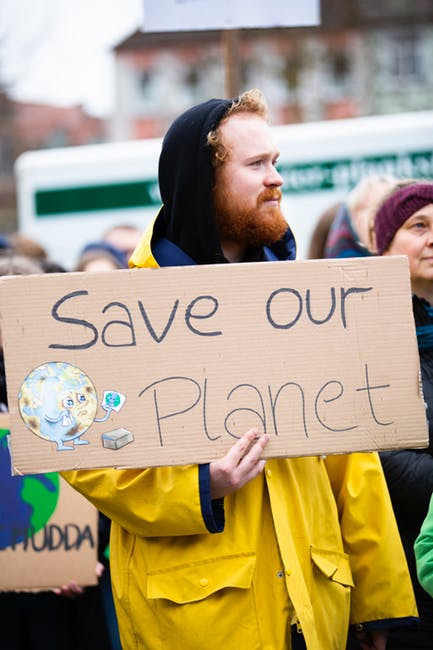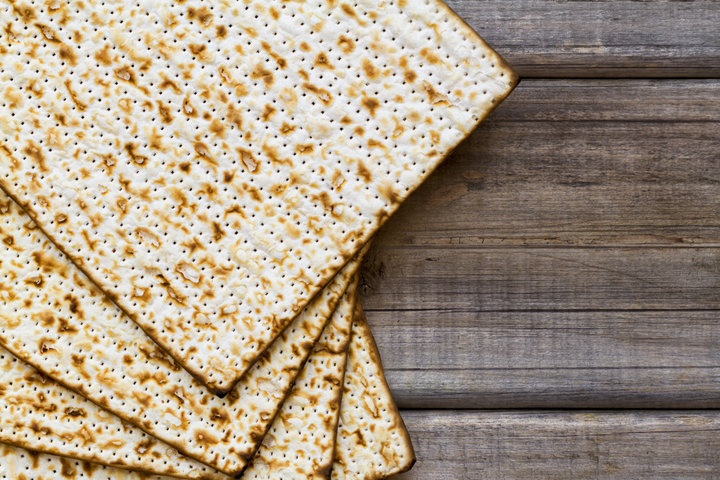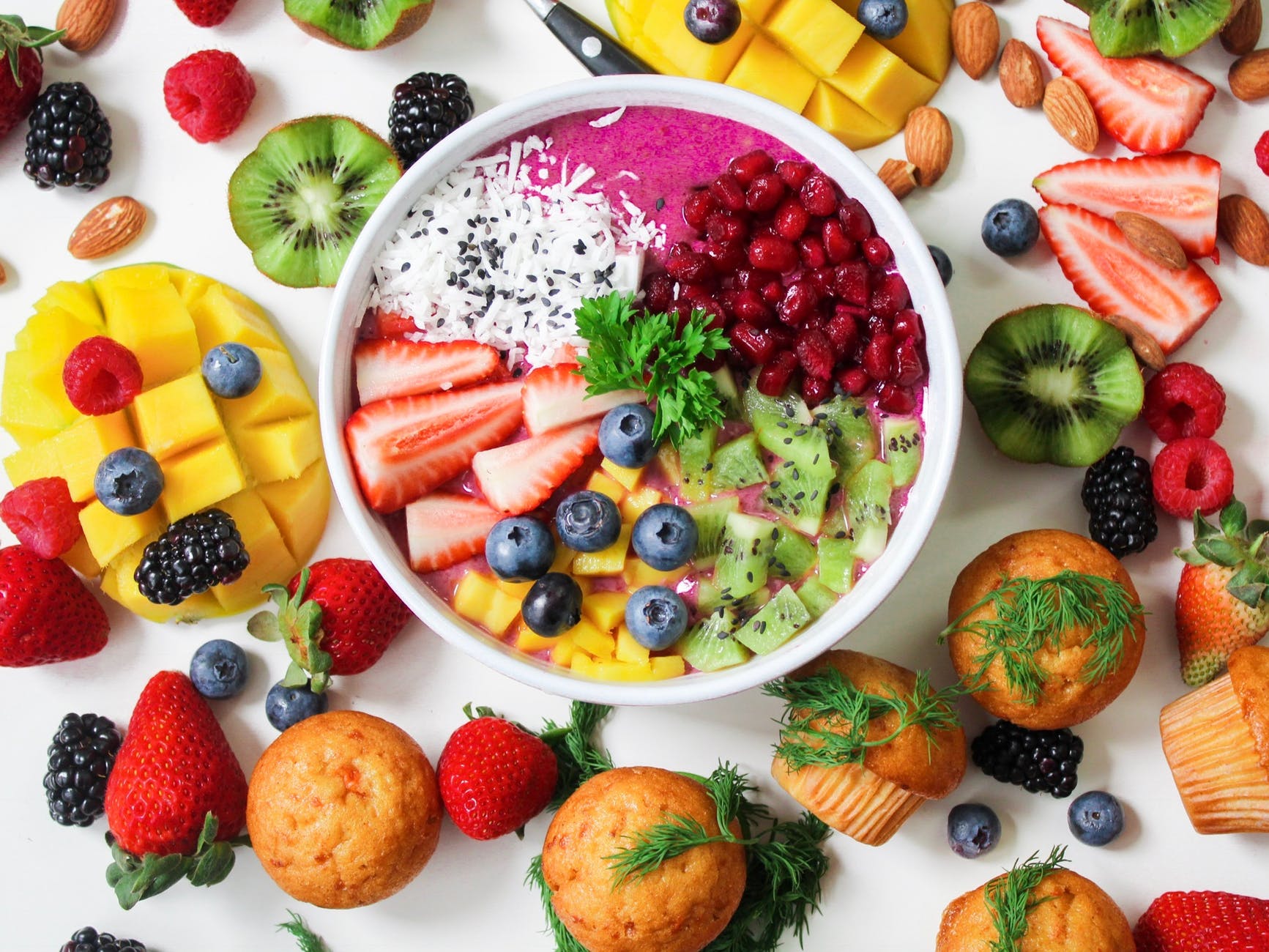
This week it’s National Vegetarian Week, a week in which the vegetarian lifestyle is promoted by various organisations and celebrities.
Are you a vegetarian? Could you ever consider giving up meat? Or do you feel that no meal is complete without a good slab of beef or chicken and that a life without bacon is really not worth living?

Whichever way you’re inclined, no-one can deny the power of the mighty vegetable and his sturdy friend, the fruit. Perhaps if you were thinking of giving up meat, or even reducing your use of meat in cooking, this week would be a good week to do so.
This year, Stephen Fry and Joanna Lumley (amongst others) are supporting National Vegetarian Week’s pledge to “help save the planet – enjoy veggie food this National Vegetarian week.”
According to the National Vegetarian Week website, one of the best things you can do for the environment is to eat more veggie food. This is for three key reasons:
Pollution
Livestock causes more pollution than the world’s entire traffic system: between 20 and 50% of the world’s pollution in total is caused by cows, chickens, sheep and pigs bred for slaughter. This figure is calculated by adding up the methane produced by the animals ‘letting out gas’ and the gases released from manure, the oil burned taking their carcasses to markets (often thousands of miles away), the electricity needed to keep the meat cool, the gas used to cook it, the energy needed to plough and harvest the fields that grow the crops that the animals eat and the water that is pumped for the animals to drink.
Deforestation
Another reason being vegetarian is said to be more eco-friendly is that eating meat causes deforestation. According to Friends of the Earth, around 6m hectares of forest land a year goes to livestock to grow the crops to feed the cattle.
Poison
Thirdly, industrial-scale agriculture now dominates the western livestock and poultry industries, and a single farm can now generate as much waste as a city. Manure and urine is funnelled into massive waste lagoons, sometimes holding as many as 40m gallons. These cesspools often break, leak or overflow, polluting underground water supplies and rivers with nitrogen, phosphorus and nitrates.
What can you do?
This year, National Vegetarian Week has recommended 50 different activities to celebrate the awareness week. They can be found on their website along with lots of different exciting recipes.
Is Munchachos vegetarian?
In a single word: YES! Despite the fact that a few of our snacks do include meat in the title, all of our ingredients are veggie-friendly. So even if you are partaking in National Vegetarian Week, you can still enjoy a Long Tong Noodle!
Sign up to Munchachos here and download our FREE app to explore, have fun, learn loads and get worldwise.
